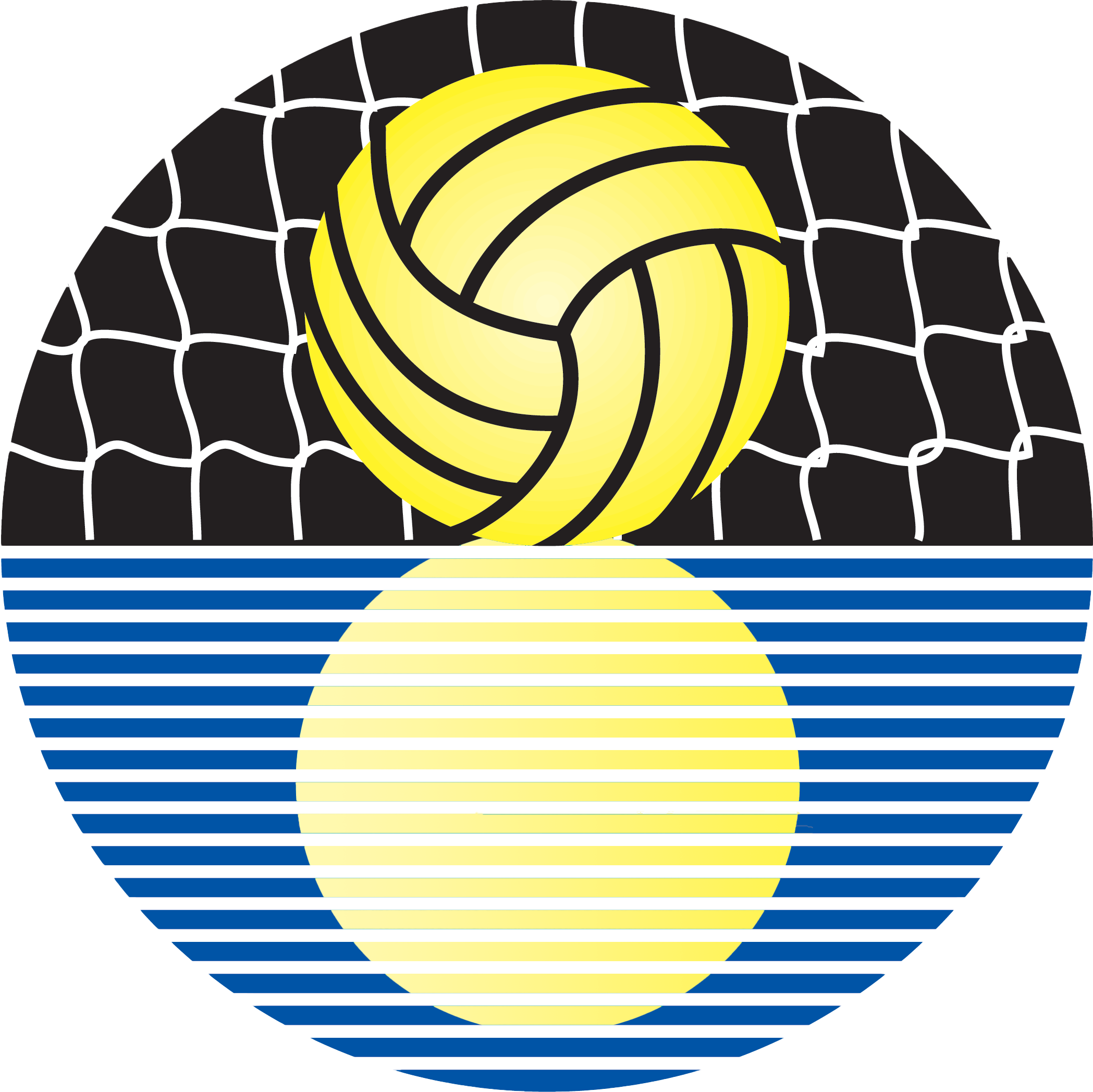ORLANDO, Fla. — The College Sports Commission, the organization that will oversee the new system that allows schools to share revenue directly with student-athletes and ensures that NIL deals made with student-athletes are fair and comply with the rules, released frequently asked questions and launched a website at https://www.collegesportscommission.org.
The College Sports Commission is responsible for overseeing compliance with the new rules around roster limits, revenue sharing and student-athlete third-party NIL deals.
Over time, the Commission’s role may expand to include enforcement of additional related rules as well.
The organization will investigate any potential violations of these rules, make determinations regarding potential rules violations and penalties, provide notice and opportunity to be heard, participate in the arbitration process and ultimately administer penalties for violations of these rules.
Student-athletes across sports have more opportunities than ever before to financially benefit from their participation in intercollegiate athletics.
Schools across the country are now allowed to directly share revenue with student-athletes. Each school is responsible for determining how to allocate permitted funds amongst their sports teams.
Additionally, the removal of National Collegiate Athletic Association (NCAA) scholarship limits allows schools to offer full or partial scholarships to every student-athlete on a team’s roster, providing more opportunities for student-athletes to receive scholarships, including those in non-revenue-generating sports.
Note, the College Sports Commission and the NCAA are independent entities, though they collaborate in certain areas. Each organization maintains authority over its own distinct responsibilities.
The College Sports Commission is responsible for overseeing compliance with the new NCAA rules created in connection with the settlement around roster limits, revenue sharing and student-athlete NIL deals.
The NCAA is responsible for enforcement of matters such as the rules of the game, academic and athletic eligibility and sports betting, among others.
For those schools participating in the House settlement, NCAA scholarship limits have been removed, and roster limits have been established for each sport (24 in both men’s and women’s water polo). Under this new model, schools will have the option to offer partial or full scholarships to every student-athlete on a team’s roster, as long as the total number of student-athletes stays within the sport’s specific roster limit, as outlined below.
Removing scholarship limits gives schools the flexibility to better support their student-athletes and their education, while supporting the long-term success of broad-based sports programs. This change provides more opportunities for student-athletes to receive scholarships, including in non-revenue-generating sports.
In order to transition to the new roster limits, schools will “designate” student-athletes who were either removed or would have been removed from the school’s roster due to the implementation of roster limits. Those student-athletes will not count against the roster limits at any school for the remainder of their eligibility. “Designated student-athletes” are those student-athletes who were either 1) on the school’s athletic rosters as of April 7, 2025 for the 2024-25 academic year or 2) an incoming Division I athlete who was recruited or promised by a school a roster spot before April 7, 2025 for the 2025-26 academic year. A school’s ability to exceed the roster limit with respect to designated student-athletes remains the discretion of the school. Further guidance regarding the designated student-athlete criteria will be provided to student-athletes and schools.
Information courtesy College Sports Commission




